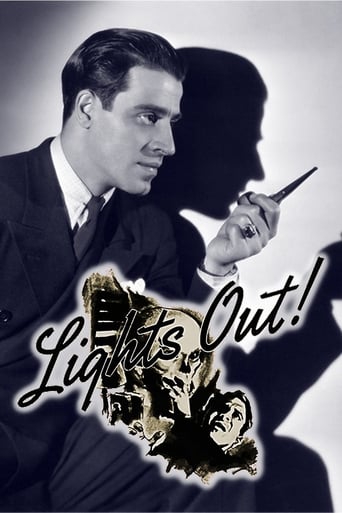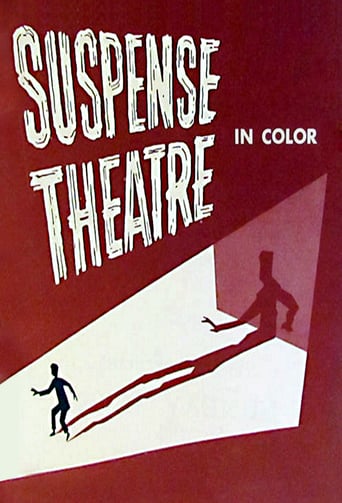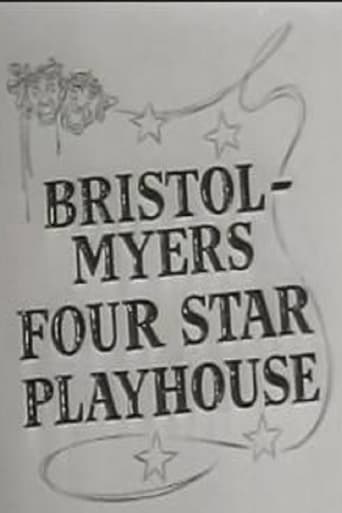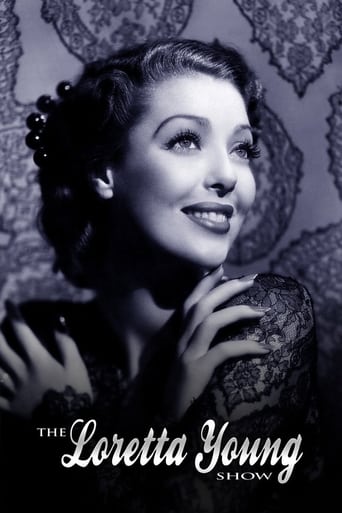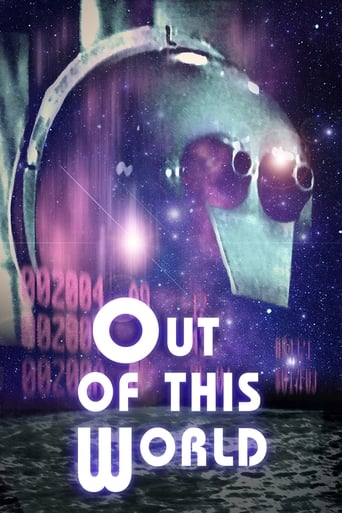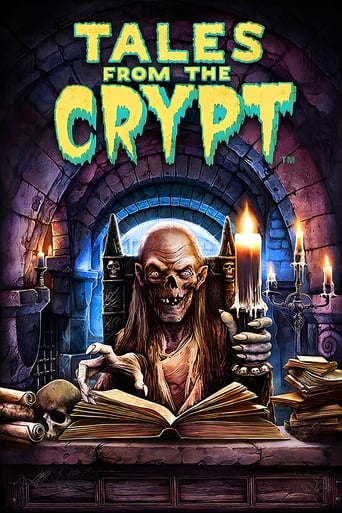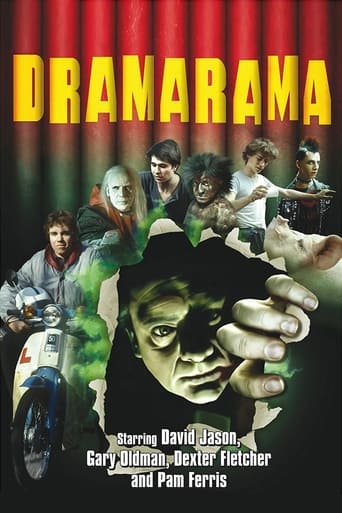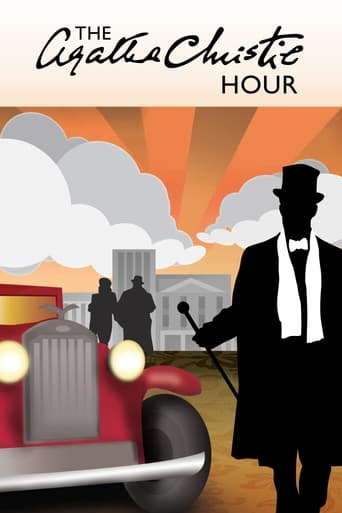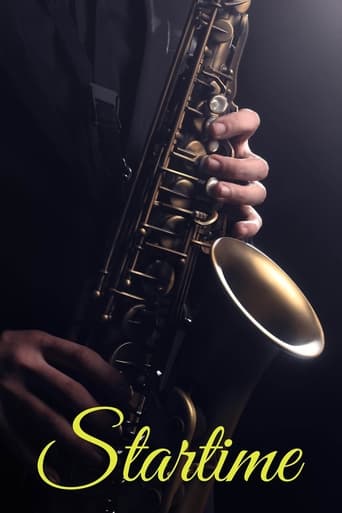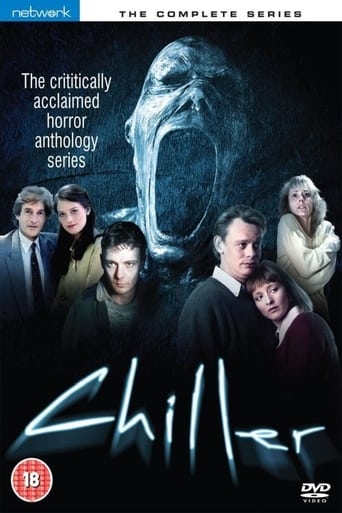Lights Out
1949 / TV-PG
Lights Out was an extremely popular American old-time radio program, an early example of a network series devoted mostly to horror and the supernatural, predating Suspense and Inner Sanctum. Versions of Lights Out aired on different networks, at various times, from January 1934 to the summer of 1947 and the series eventually made the transition to television. In 1946, NBC Television brought Lights Out to TV in a series of four specials, broadcast live and produced by Fred Coe, who also contributed three of the scripts. NBC asked Cooper to write the script for the premiere, "First Person Singular", which is told entirely from the point of view of an unseen murderer who kills his obnoxious wife and winds up being executed. Variety gave this first episode a rave review ("undoubtedly one of the best dramatic shows yet seen on a television screen"), but Lights Out did not become a regular NBC-TV series until 1949.
Seasons & Episode

In 1890s London, Mrs. Manifold runs a boarding house for sailors on the waterfront. New hire John hears from a customer that her wine-guzzling husband, Ambrose, long ago disappeared and that some say she killed him. The old lady gets jumpy when a strange man reeking of wine signs the register "Ambrose Manifold.

On their honeymoon, a new husband brings his bride to the ranch he grew up on. The wife is soon traumatized by the antique bedroom mirror once owned by the husband's deceased former love. The dead girlfriend appears in the reflection, wanting to trade places with the newly-married woman.

A survey taker makes a startling discovery when she visits the home of two very paranoid, eccentric, elderly collectors of odds and ends.

A man makes a deal with a mysterious businessman in order to get rid of his high spending wife.

Dede attends the silent supper, a ritual the single Bayou women conduct to foresee their future husbands. Old voodoo woman Miss Watkins had told Dede that she'd meet her husband at the supper that night. Miss Watkins has the misfortune of meeting up with troublemaker Jean Duval, who stabs her and steals her silver. Then, uninvited, he crashes the silent supper.

Bird lover Waldo Bryan leaves behind his big city art career to live in the country. His wife, Adele, has turned hateful, angry that he made her give up the city life. To get even, she lets Waldo's beloved parakeet out of it's cage to be killed by her cat. The birds outside seem to know of Adele's evil deed and turn on her, turning her into the caged one.

Jeff Morgan reads a story in a pulp fiction magazine exactly like one he'd written and filed away years earlier. His meeting with the author, Frank Joyce, is eerie; he already knows everything about the man without having met him before. Convinced Frank is his doppelganger, Jeff panics when he dreams Frank steps onto an elevator that malfunctions and plunges fifteen stories. Frank just scoffs at his frantic warning.

A husband rents the same upstairs apartment where he and his late wife once lived. Despite his claims of being married, the elderly landlady feels that something is not quite right. After weeks, she's yet to meet the woman. In fact, she's never heard so much as a sound coming from upstairs floor.

A mysterious stranger enters a home uninvited, drawn from the street by the haunting music of Beethoven's "Geister (Ghost) Trio" that three musicians are performing. The pianist is immediately smitten with the woman of obvious wealth and status, soon proposing they marry. She says it is impossible, as the man would be forced to choose between her or his music.
Lights Out was an extremely popular American old-time radio program, an early example of a network series devoted mostly to horror and the supernatural, predating Suspense and Inner Sanctum. Versions of Lights Out aired on different networks, at various times, from January 1934 to the summer of 1947 and the series eventually made the transition to television. In 1946, NBC Television brought Lights Out to TV in a series of four specials, broadcast live and produced by Fred Coe, who also contributed three of the scripts. NBC asked Cooper to write the script for the premiere, "First Person Singular", which is told entirely from the point of view of an unseen murderer who kills his obnoxious wife and winds up being executed. Variety gave this first episode a rave review ("undoubtedly one of the best dramatic shows yet seen on a television screen"), but Lights Out did not become a regular NBC-TV series until 1949.
Watch Trailer
Free Trial Channels


